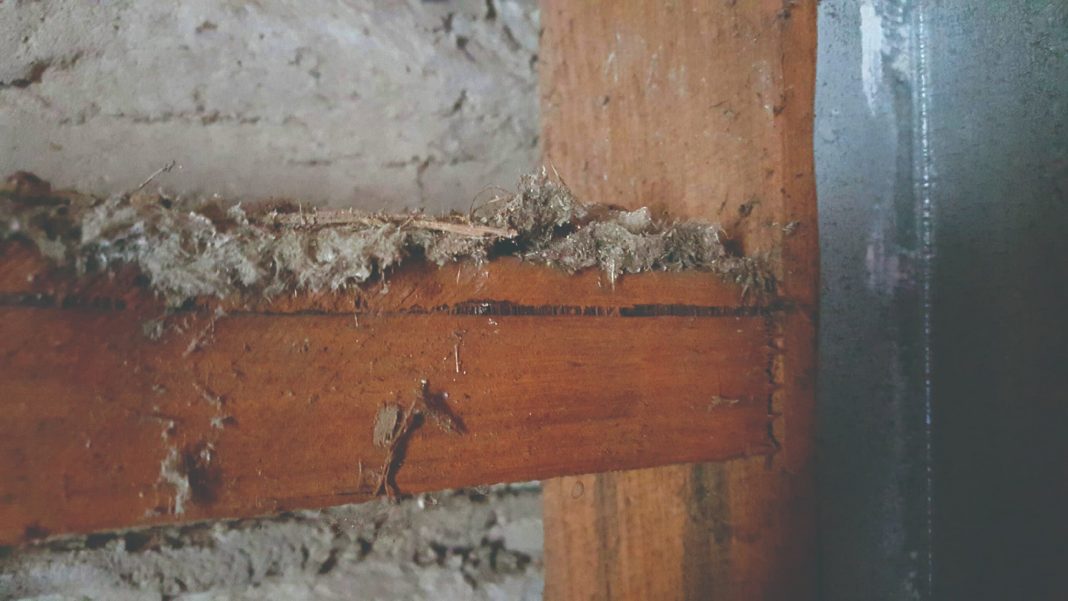People who lived in ‘Mr Fluffy’ homes containing loose-fill asbestos insulation have higher risks of cancer, according to the latest data from the ACT Asbestos Health Study, led by the Australian National University (ANU).
Between 1968 and 1979, ‘Mr Fluffy’ installed loose-fill asbestos in the rooves of more than 1,000 homes in the ACT.
The study, which followed nearly 17,000 people from 1984 to 2019, found that men who lived in these homes were 2.7 times more likely (seven or eight more cases) to develop mesothelioma, a rare cancer linked to asbestos exposure, than other men in the ACT, principal investigator Professor Rosemary Korda said.
There are not enough mesothelioma cases among women who lived in Mr Fluffy houses to determine if they, too, have an increased risk.
It can take up to 40 years, or longer, for mesothelioma to develop after exposure to asbestos.
Both men and women who lived in a Mr Fluffy home had a 24 to 46 per cent greater risk of colorectal cancer, and women had a 39 per cent higher risk of lung cancer. However, evidence linking these cancers to asbestos exposure was less conclusive.
Asbestos was banned in Australia in 2003.
The ACT government maintains a registry of homes in Canberra known to contain loose-fill asbestos.
The latest results from the ACT Asbestos Health Study are online.
Anyone with health concerns about living in a Mr Fluffy house should contact their GP, Capital Health Network on 02 6287 8099, Lifeline on 13 11 14, or Beyond Blue on 1300 22 4636.



